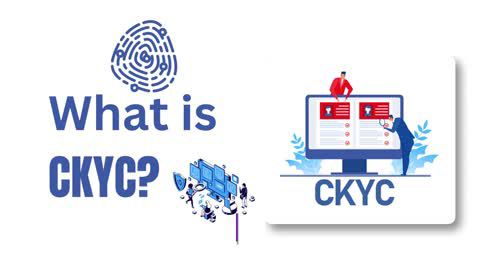Short-term investments are financial instruments designed to generate returns within a short timeframe, typically ranging from a few months to three years. These investments prioritise liquidity, allowing investors to access their funds quickly without compromising growth potential.
Unlike long-term investments, which focus on wealth accumulation over decades, short-term investments are ideal for meeting immediate financial goals, such as purchasing a car, funding a wedding, or managing unforeseen expenses.
Benefits of short term investments
- High liquidity: Short-term investments can be easily converted into cash, making them suitable for situations requiring quick access to funds.
- Lower risk: These investments generally carry lower risk compared to long-term options, as they are less exposed to market volatility.
- Flexibility: Investors can choose from a wide range of options tailored to their financial goals and risk appetite.
- Predictable returns: Many short-term investment options, such as fixed deposits, offer predictable returns, helping investors plan their finances effectively.











